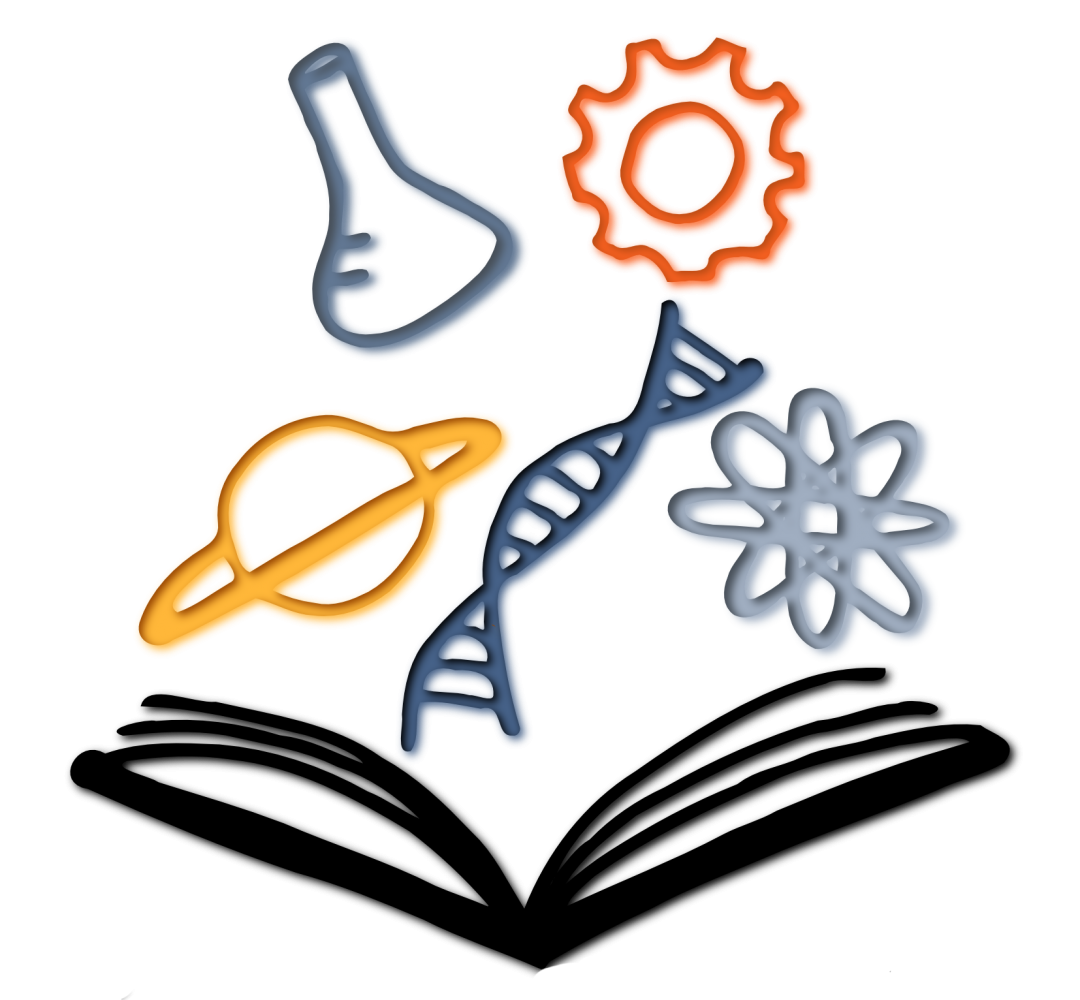Thank you!
I appreciate the comparison and analysis. I’ll keep it in my “maybe I’ll tackle it someday” list, but I’ve mostly moved away from writing that is hostile to the reader.
I don’t have a problem with complex concepts, even when they ultimately go over my head. I don’t even have a problem with stylistic weirdness in service of the message. I draw the line at writers who treat me like an imbecile, whether directly or through their own sense of superiority.
Actually, the long “Giving Tree” excerpt in one of the reviews reflects my own views. If that means we might already share opinions, then I for sure don’t need to suffer abuse along the way. 😀
An obvious problem with my attitude is that I then shut myself off from discussing the merits of a work.







I agree. I would add that intuition, common sense, and ideologies are also just placeholders in our journey to a better world.